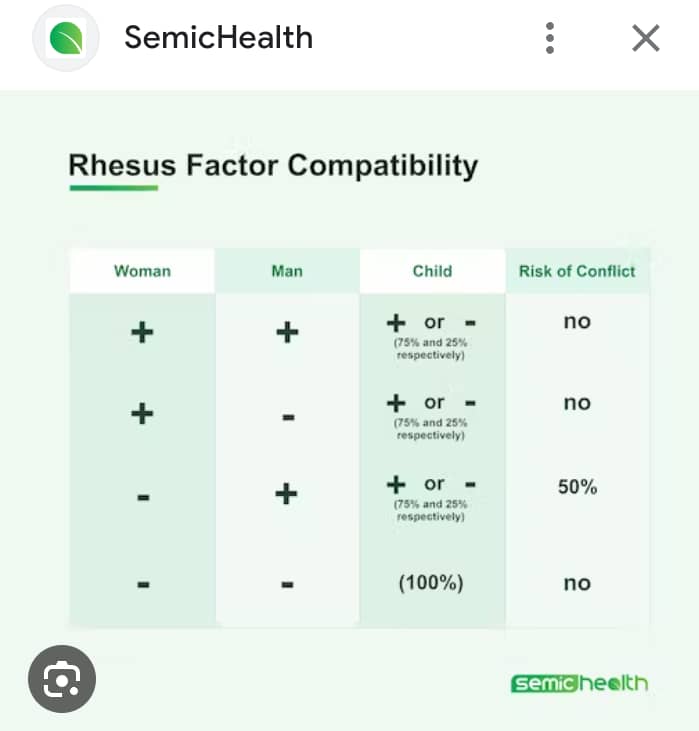Health Education
What is Rhesus Factor and How does it Affect Childbearing in Marriages.

Disclaimer: Not a Medical Practitioner, but here’s what we know.
By Dr. Peretengboro Bibaikefie
The Rhesus Factor, often overlooked in discussions on blood types, holds a significant role in health, particularly in marriage compatibility, childbearing, and reproductive health. About 85% of the human population possesses this antigen, commonly known as the “Rh Factor.”
Individuals with Rh-positive (+) blood types, such as A+, O+, or B+, carry the Rhesus Factor, while those with Rh-negative (-) blood types, like A–, O–, or AB–, lack this factor. The presence or absence of the “+” or “-” sign before the blood group indicates the Rhesus factor, an inherited trait primarily from the father.
While the focus has historically centered on blood genotyping in marriage compatibility discussions, recent medical attention underscores the pivotal role of the Rhesus factor. The alarming increase in miscarriages and cases of barrenness over the last decade has propelled the significance of understanding the implications of Rhesus factor compatibility.
If an Rh– woman is impregnated by an Rh– man, complications are minimal. However, if the partner is Rh+, potential life-threatening issues may arise. Sensitization efforts are crucial to raising awareness about the health implications of Rhesus factor, emphasizing the need for careful consideration in family planning.
Addressing this issue professionally and with care can avert unpleasant and life-threatening consequences. It is imperative to educate the public on the importance of the Rhesus factor, not only in the context of blood compatibility but also in safeguarding maternal and child health.
As we navigate evolving perspectives in healthcare, understanding the implications of the Rhesus factor is a critical step towards ensuring the well-being of families. Let us collectively prioritize awareness and education on this genetic aspect to empower individuals in making informed decisions about their health and family planning.


